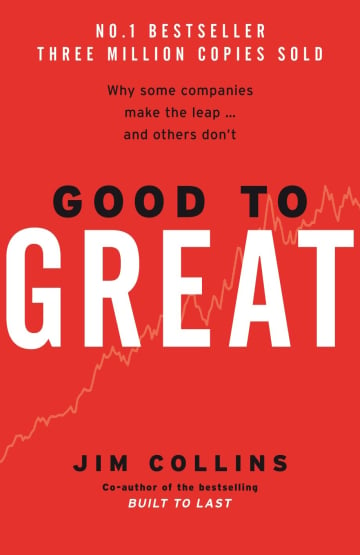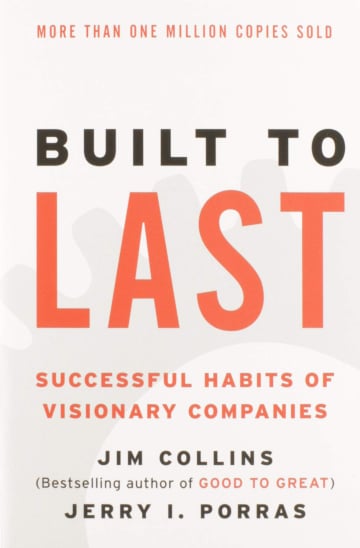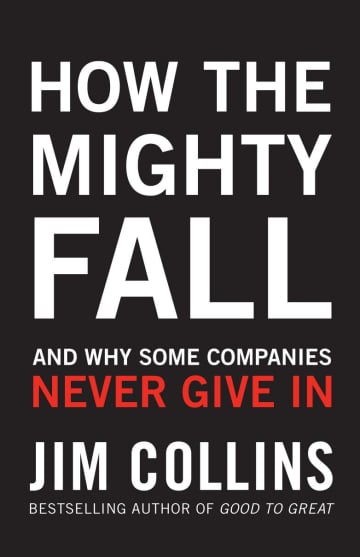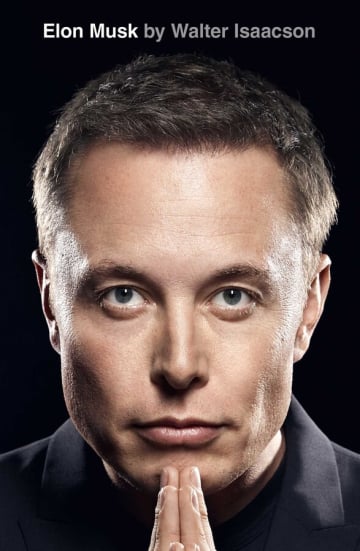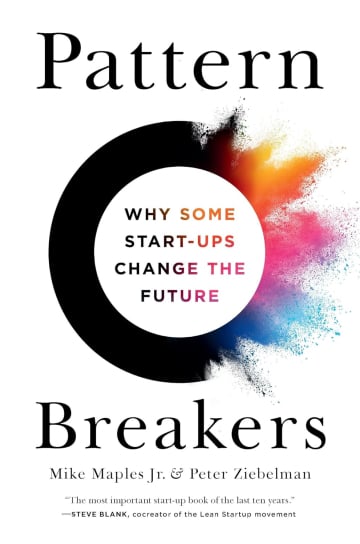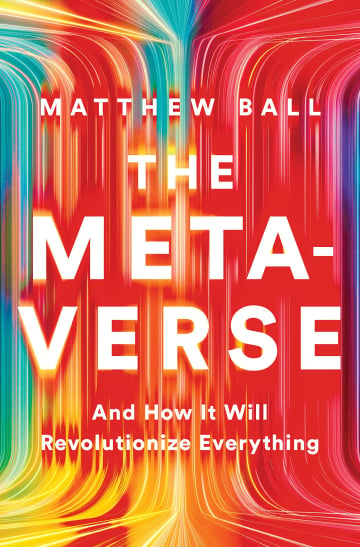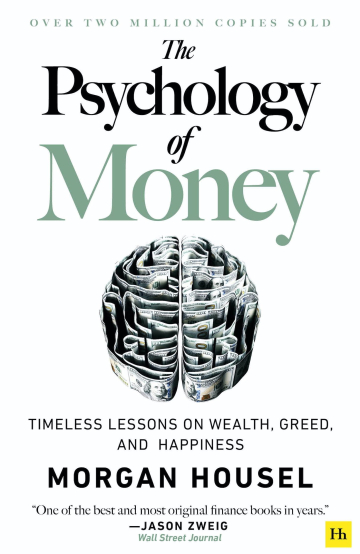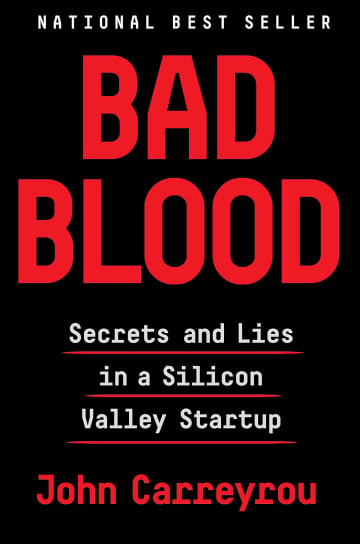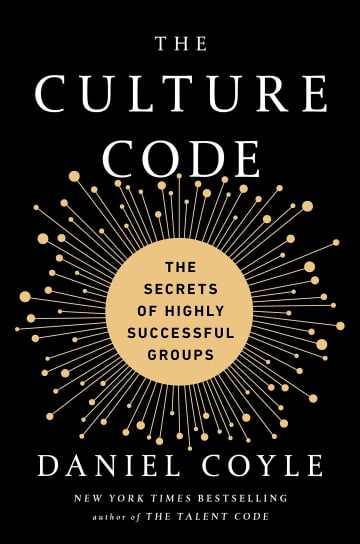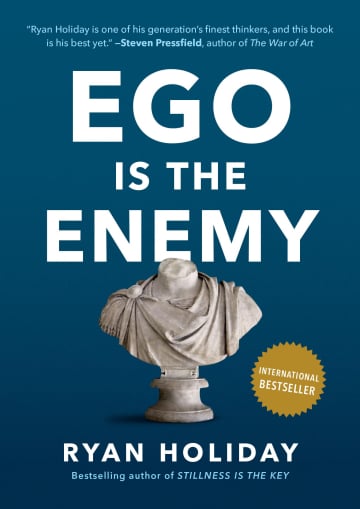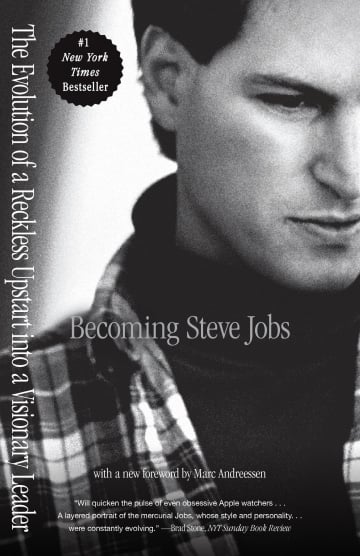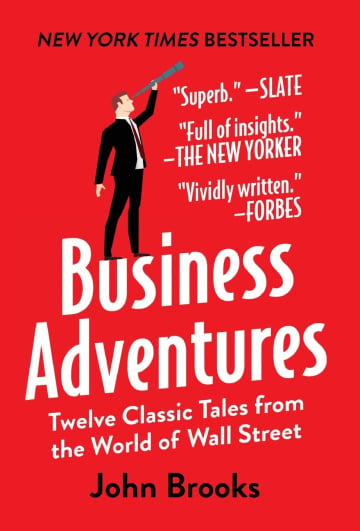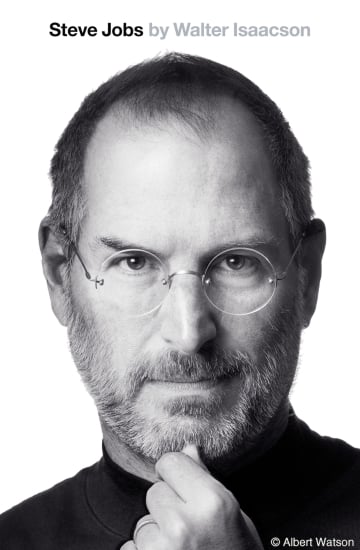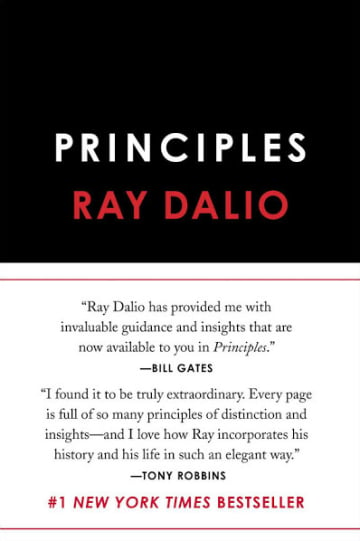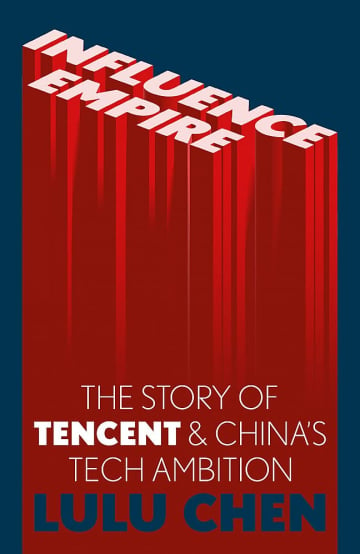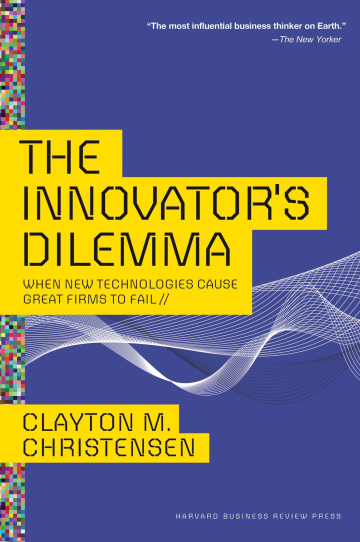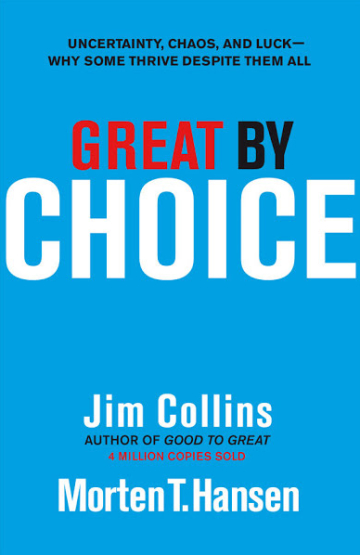
Great by Choice: Uncertainty, Chaos, and Luck - Why Some Thrive Despite Them All
⚡️ 12 Quotes from the book
“Studying leaders in an extreme environment is like conducting a behavioral-science experiment or using a laboratory centrifuge: throw leaders into an extreme environment, and it will separate the stark differences between greatness and mediocrity.”
“Entrenched myth: Successful leaders in a turbulent world are bold, risk-seeking visionaries. Contrary finding: The best leaders we studied did not have a visionary ability to predict the future. They observed what worked, figured out why it worked, and built upon proven foundations.”
“Discipline, in essence, is consistency of action—consistency with values, consistency with long-term goals, consistency with performance standards, consistency of method, consistency over time. Discipline is not the same as regimentation. Discipline is not the same as measurement. Discipline is not the same as hierarchical obedience or adherence to bureaucratic rules. True discipline requires the independence of mind to reject pressures to conform in ways incompatible with values, performance standards, and long-term aspirations.”
“Fanatic discipline keeps 10X enterprises on track, empirical creativity keeps them vibrant, productive paranoia keeps them alive, and Level 5 ambition provides inspired motivation.”
“In an uncertain and unforgiving environment, following the madness of crowds is a good way to get killed.”
“The 20 Mile March is more than a philosophy. It’s about having concrete, clear, intelligent, and rigorously pursued performance mechanisms that keep you on track. The 20 Mile March creates two types of self-imposed discomfort: the discomfort of unwavering commitment to high performance in difficult conditions, and the discomfort of holding back in good conditions.”
“To 20 Mile March requires hitting specified performance markers with great consistency over a long period of time. It requires two distinct types of discomfort, delivering high performance in difficult times and holding back in good times.”
“When you marry operating excellence with innovation, you multiply the value of your creativity.”
“Far more difficult than implementing change is figuring out what works, understanding why it works, grasping when to change, and knowing when not to.”
“No human enterprise can succeed at the highest levels without consistency; if you bring no coherent unifying concept and disciplined methodology to your endeavors, you’ll be whipsawed by changes in your environment and cede your fate to forces outside your control. Equally true, however, no human enterprise can succeed at the highest levels without productive evolution.”
“Everyone gets luck, good and bad, but 10X winners make more of the luck they get.”
“Leaders with fanatic discipline, empirical creativity, productive paranoia, and Level 5 ambition never relax when blessed with good luck. They never wallow in despair when hit with bad luck. They keep pushing, driving for the overall goal and cause.”
Related videos
Follow the author

James C. Collins is an American researcher, author, and consultant specializing in business management and company growth. He holds a bachelor's degree in mathematical sciences and an MBA from Stanford University, along with honorary doctorates from the University of Colorado and the Peter F. Drucker Graduate School of Management. In 2017, Forbes named him one of the 100 Greatest Living Business Minds.
Publications
Forbes: Jim Collins On Great By Choice
Ask Albert:
Rate the book
⚡️ Discover Even More Bookish Wisdom
recommends
recommends
recommends
recommends
